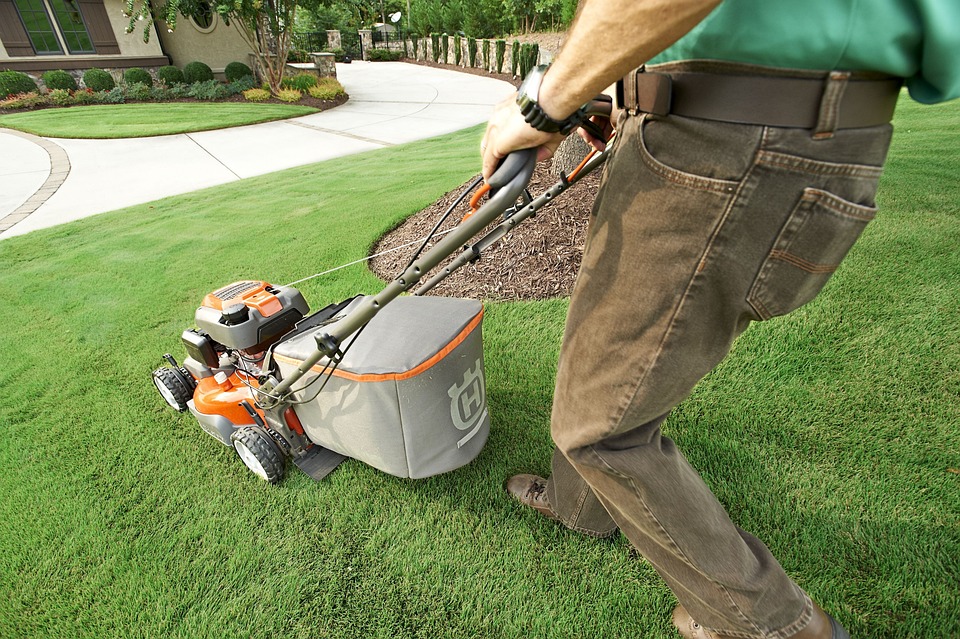Introduction
Maintaining a lush, green lawn is a dream for many homeowners.
While it may seem like an intimidating task, there are lawn care experts, known as green-thumbed gurus, who have honed their skills over the years to achieve garden greatness.
In this article, we delve into the secrets of these gurus and uncover their best-kept lawn care tips and tricks.
1. Watering the Right Way
One of the most vital aspects of lawn care is watering.
Proper watering techniques ensure healthy roots and vibrant grass.
The gurus recommend watering deeply and infrequently rather than giving your lawn shallow and frequent watering sessions.
This encourages the grass roots to grow deeply, making them more resistant to drought and disease.
Experts suggest watering your lawn in the early morning when the air is cooler, and evaporation rates are low.
This allows the water to penetrate the soil without evaporating too quickly.
Additionally, watering deeply promotes better absorption and distribution of nutrients, resulting in a more vibrant and resilient lawn.
2. Mowing Matters
When it comes to mowing, the gurus stress the importance of maintaining the proper height for your grass.
Cutting your lawn too short can weaken the grass, making it more susceptible to pests and diseases.
On the other hand, letting your grass grow too tall can shade the lower leaves and hinder photosynthesis.
To achieve the ideal height, experts recommend following the one-third rule: never remove more than one-third of the grass blade during each mowing session.
Keeping your grass at the right height promotes denser growth, blocks out weeds, and allows for better moisture retention.
3. Fertilize Like a Pro
Fertilizing is a crucial step in lawn care, and the gurus reveal that timing and quality matter.
Early spring is an ideal time to fertilize, as it provides a boost before the growing season.
Applying a slow-release nitrogen-based fertilizer ensures a steady and consistent supply of nutrients to the grass.
Experts emphasize the importance of choosing high-quality fertilizers that suit your specific lawn requirements.
Different grass types require different nutrient ratios, and it’s essential to read the label to identify the right fertilizer for your grass.
4. Warding Off Weeds
Weeds can be a major headache for homeowners striving for a perfect lawn.
Luckily, the green-thumbed gurus have some tips for effective weed control.
Regular mowing at the correct height helps prevent weed seeds from reaching the soil and germinating.
Additionally, keeping your lawn thick and healthy through proper watering and fertilization creates a hostile environment for weeds.
For stubborn weeds, spot treatments using herbicides can be helpful if used correctly.
However, it’s crucial to follow the instructions carefully and avoid excessive use, which can harm your grass and the environment.
FAQs Section
Q: How often should I water my lawn?
A: It is best to water deeply and infrequently.
Aim for one inch of water per week, either from rainfall or irrigation.
Split this into two or three sessions throughout the week.
Q: What should I do about bare spots in my lawn?
A: Rake out any dead grass, loosen the soil, and sprinkle grass seed over the bare spots.
Water the area regularly, keeping it moist until the grass grows.
Q: Is it necessary to remove grass clippings after mowing?
A: No, it’s not necessary.
Grass clippings can act as a natural fertilizer for your lawn, returning valuable nutrients back into the soil.
Just make sure the clippings are not in large clumps that can smother the grass.
Q: Should I use organic or synthetic fertilizers?
A: Both organic and synthetic fertilizers have their advantages.
Organic fertilizers improve soil health over time, while synthetic fertilizers provide quicker and more targeted results.
Choose the one that aligns with your lawn requirements and personal preferences.
Q: How can I control pests without harming the environment?
A: Integrated pest management is the key.
Implement cultural practices such as proper watering and fertilization to maintain a healthy lawn and discourage pests.
If necessary, use environmentally friendly pest control methods such as biological controls or organic sprays.
With the advice of these green-thumbed gurus, achieving a beautiful and healthy lawn is within reach.
By following their best-kept secrets and applying their tried-and-true techniques, you’ll be well on your way to becoming a lawn care guru yourself!




